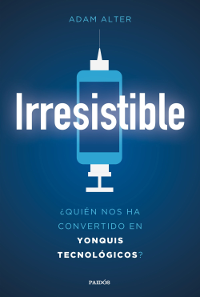

The Monitor is a peculiar little publication that’s hard for the world to figure out. And I’m going to argue that we change lives precisely because we force open that too-small box that most human beings think they live in. We’re the bran muffin of journalism.īut you know what? We change lives. We’re seen as being global, fair, insightful, and perhaps a bit too earnest.

If you were to come up with a punchline to a joke about the Monitor, that would probably be it. Sometimes, we call things ‘boring’ simply because they lie outside the box we are currently in.”

My work in Kenya, for example, was heavily influenced by a Christian Science Monitor article I had forced myself to read 10 years earlier. “Many things that end up” being meaningful, writes social scientist Joseph Grenny, “have come from conference workshops, articles, or online videos that began as a chore and ended with an insight. That is an awesome responsibility and a revolutionary opportunity.Ībout a year ago, I happened upon this statement about the Monitor in the Harvard Business Review – under the charming heading of “do things that don’t interest you”: Even when the world is unkind, we can be unmoved in our determination to love, to build, to seek credible hope. Never to excuse or ignore cruelty or crime, but to recognize that how we view the world shapes the world.

What is the media’s responsibility?Author and anti-apartheid activist Alan Paton once said of the Monitor, “It gives no shrift to any belief in the irredeemable wickedness of man, nor in the futility of human endeavor.”In addition to reporting acts of kindness, perhaps a next step is to see the world through a lens of kindness. But can this elevation only happen with stories of kindness? Must the rest of the news abandon us to despair?The world is asking us to consider that question deeply. She defined kindness and heroism as “moral beauty,” which “triggers ‘elevation’ – a positive and uplifting feeling” that “acts as an emotional reset button, replacing feelings of cynicism with hope, love and optimism.”The study suggested this happens when one watches a news story about kindness after watching ones about bombings, cruelty, and violence. They support “the belief that the world and people in it are good.” And they provide “relief to the pain we experience when we see others suffering.”It was her fourth point that stuck with me. A week ago, a British researcher published an article titled “Stories of kindness may counteract the negative effects of looking at bad news.” As you might imagine, I was intrigued.Kathryn Buchanan of the University of Essex shared four main takeaways from her research: Stories of kindness remind us of our shared values.


 0 kommentar(er)
0 kommentar(er)
